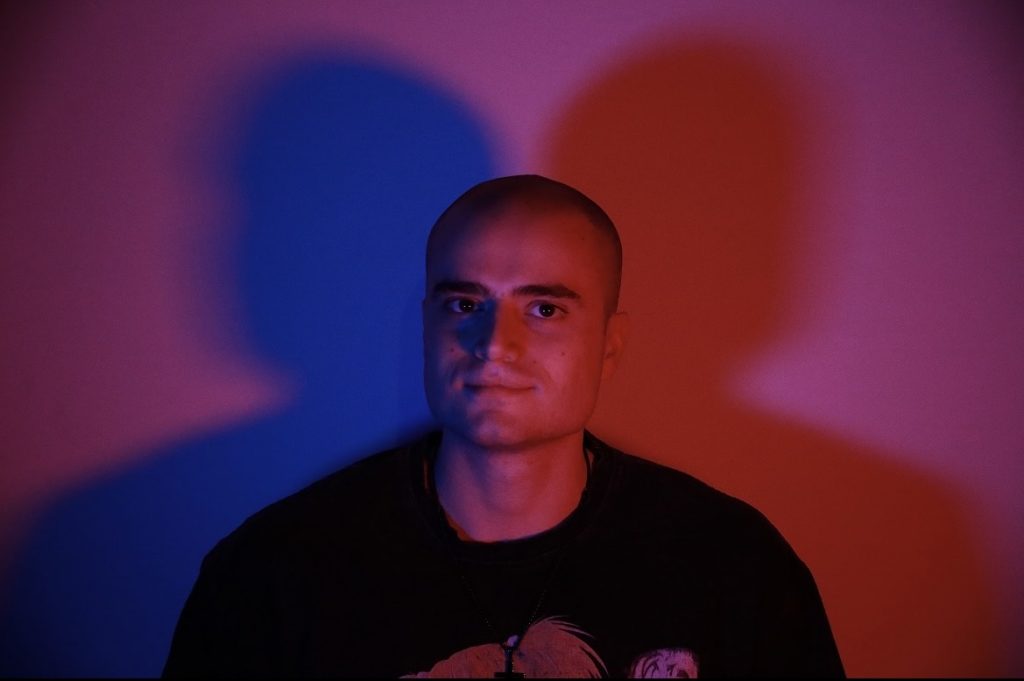“It’s not how you start, it’s how you finish” is a common phrase used to denote that a rough start to something doesn’t spell certain doom. This could apply to anything — from a musical performance to an ending of a show or movie. When I think back to some of my favorite series, I always go back to their endings. Closure can be a rare commodity in life, which is why I view it with such intimacy. “Yu Yu Hakusho” is an anime series from the 1990s — and one of my favorites. It has possibly one of the most interesting endings to its story I have ever seen.
This particular anime is from the early 1990s and aired from 1990 to 1994. Like other series, this show started out as a manga, or Japanese comic. Many manga series are published in “Weekly Shonen Jump,” and if they gain enough popularity, they can eventually find themselves getting an animated adaptation. This popularity is usually determined by the magazine’s popularity polls as well as editor feedback. Yoshihiro Togashi is the creator of “Yu Yu Hakusho” as well as another anime hit, “Hunter x Hunter.” Togashi created two incredibly popular series back-to-back. A manga author making one hit series is one in a million as is, and Togashi did that not once but twice.
He is a creator who is willing to do anything for his work, for better or worse, unfortunately. For context, most manga authors in Shonen Jump need to publish a chapter of manga every week. A standard chapter of weekly manga usually lasts around 16 to 18 pages. Dozens and dozens of manga authors have spoken in the past, chief among them being Togashi, as to how this weekly schedule is nothing short of inhumane. To make this easier, many famous manga authors will have assistants, but most new authors do not have this luxury. It’s a one-man show, which means no help at all. Togashi did have assistants when he was drawing “Yu Yu Hakusho,” but the extent of their help is unknown. This workload slowly burned Togashi out as his fledgling series gained popularity.
“Yu Yu Hakusho” is a supernatural action comic that follows Yusuke Urameshi, a young boy who dies in the first chapter. He is given a second chance at life, however, after many selfless actions in the afterlife, and the series follows him along with his friends through their encounters and battles. This series is incredible due to its charismatic characters, stellar action and unique style. The style and aesthetic of the series are what have drawn many eyes to it. The overall atmosphere of the series is deeply entrenched in the ’90s anime aesthetic, and this look gives it a contemporary yet timeless feel.
As stylish and beloved as this series is, it comes with a caveat. The series has a very abrupt and odd ending. In the final arc, Yusuke competes in an otherworldly fighting tournament to determine the ruler of the underworld. He goes up against one of the three major antagonists, and, in his fight, he loses. Yusuke wakes up, a couple days have passed, and the tournament is over. Thankfully, one of his kindhearted friends won, so there is nothing to worry about, but the audience can’t help but feel short-changed here.
Togashi was suffering from many health issues during the latter half of “Yu Yu Hakusho,” like back pain and burnout. One can tell this by just looking at the drop in quality of artwork toward the end of the series, as well as the rushed ending to the story. Funnily enough, this lackadaisical ending doesn’t ruin the series or even the finale. The last we see of Yusuke and his friends, they are all playing on a sun-soaked beach with nothing but the horizon past them. The escalating stakes of this series really come to a close here.
This ending can be seen as almost subversive. Many final moments of a series are a huge, climactic battle, but this ending goes against that. Not to mention, many of the characters in this show are loud-mouthed and hyperactive, yet this final scene is profoundly calm. It speaks to how the characters, as well as the writer and audience, feel in a very meta-textual way. The story’s momentum has come to a close, so the audience as well as the characters can finally catch their breath. It’s a picturesque ending that attempts to make up for the rushed nature of it, and, honestly, it does. Seeing these characters get a quick but happy ending is just so damn deserved. It’s bittersweet in the sense that one can only wish this legendary series would have a more fulfilling ending, but, even with the rushed nature of it, it still feels right. It encapsulates the beauty of any series that can get close to your heart, where all you want is for the characters to be happy.
Nicolas Scagnelli is a senior majoring in English.



